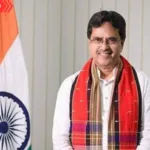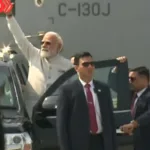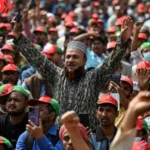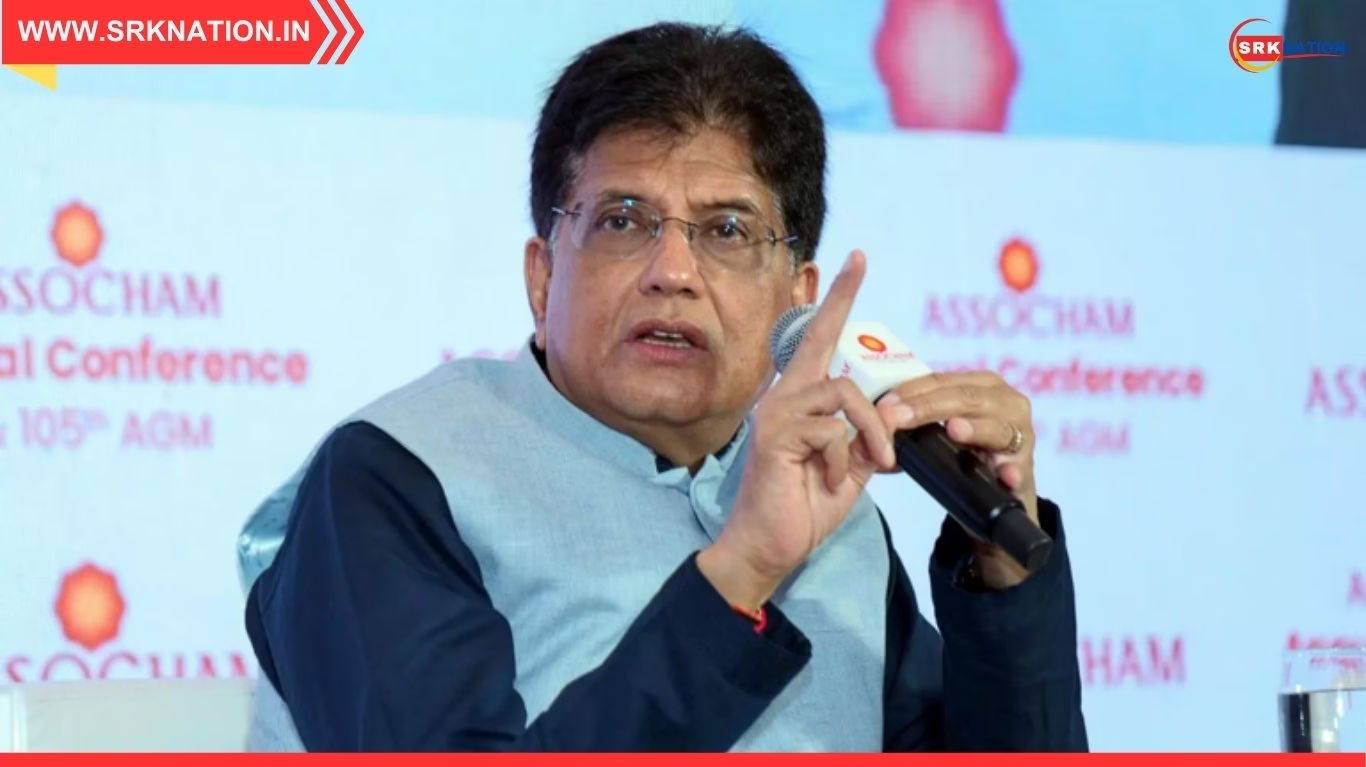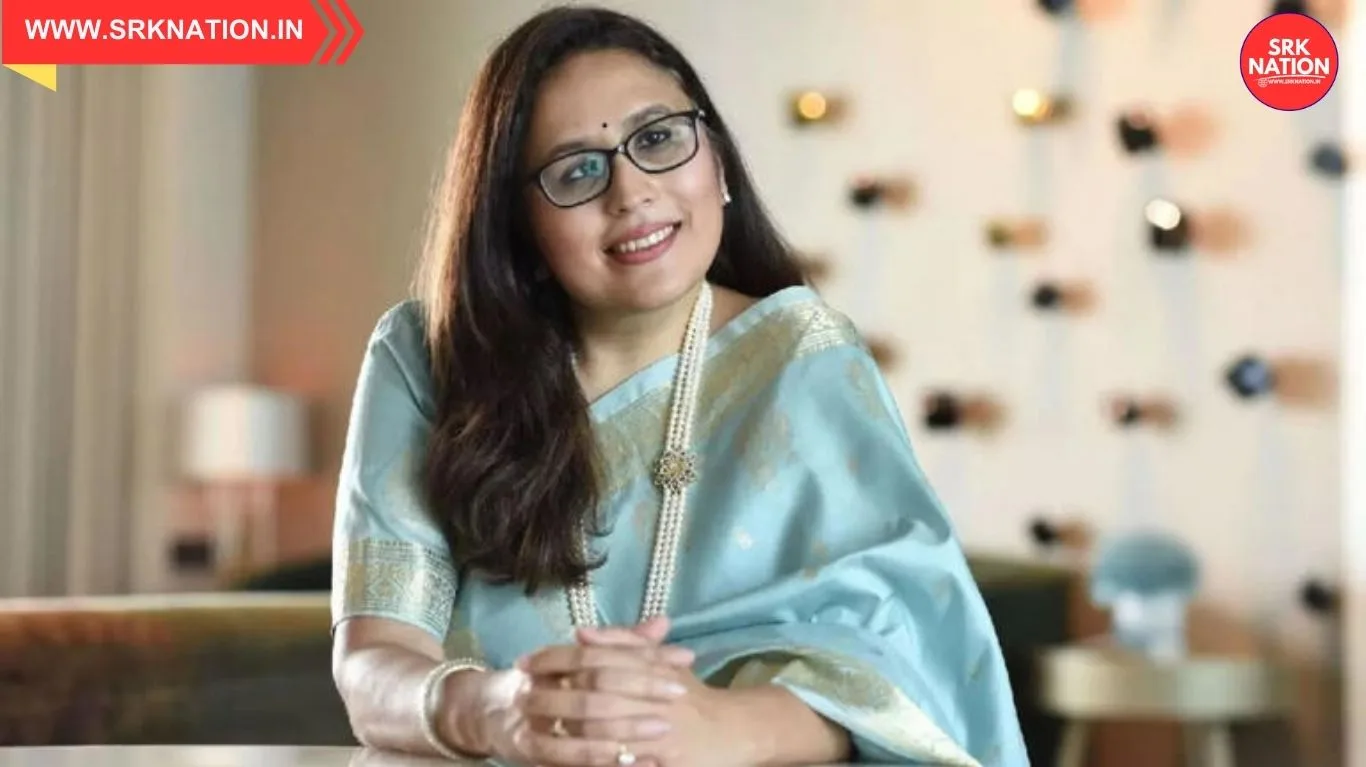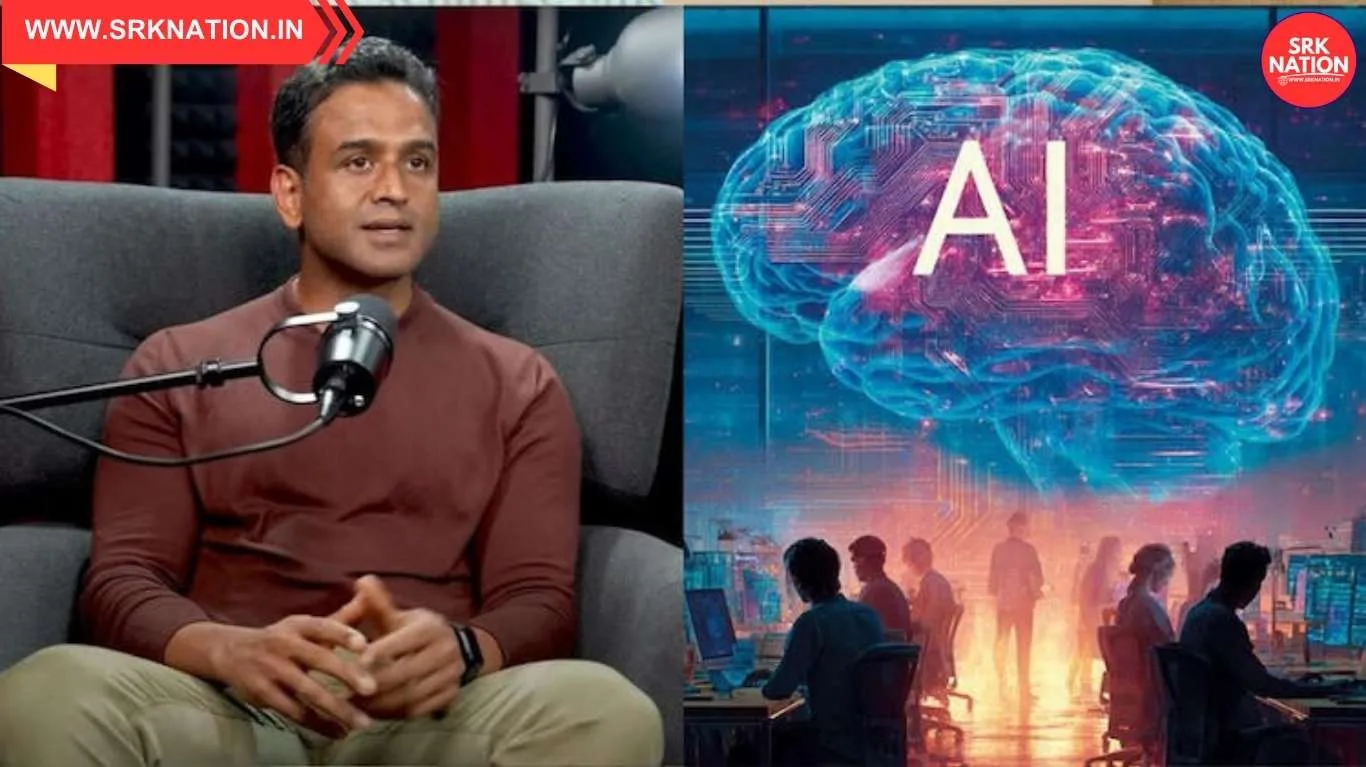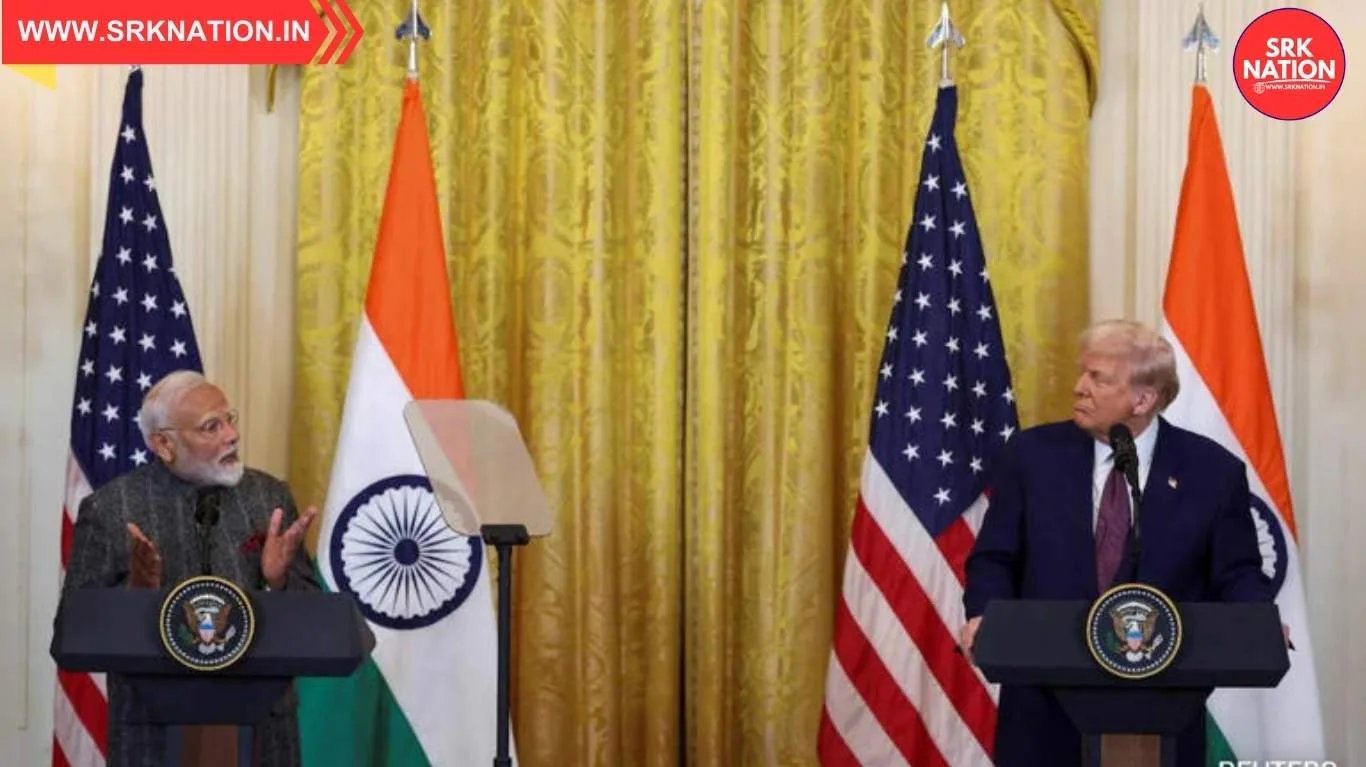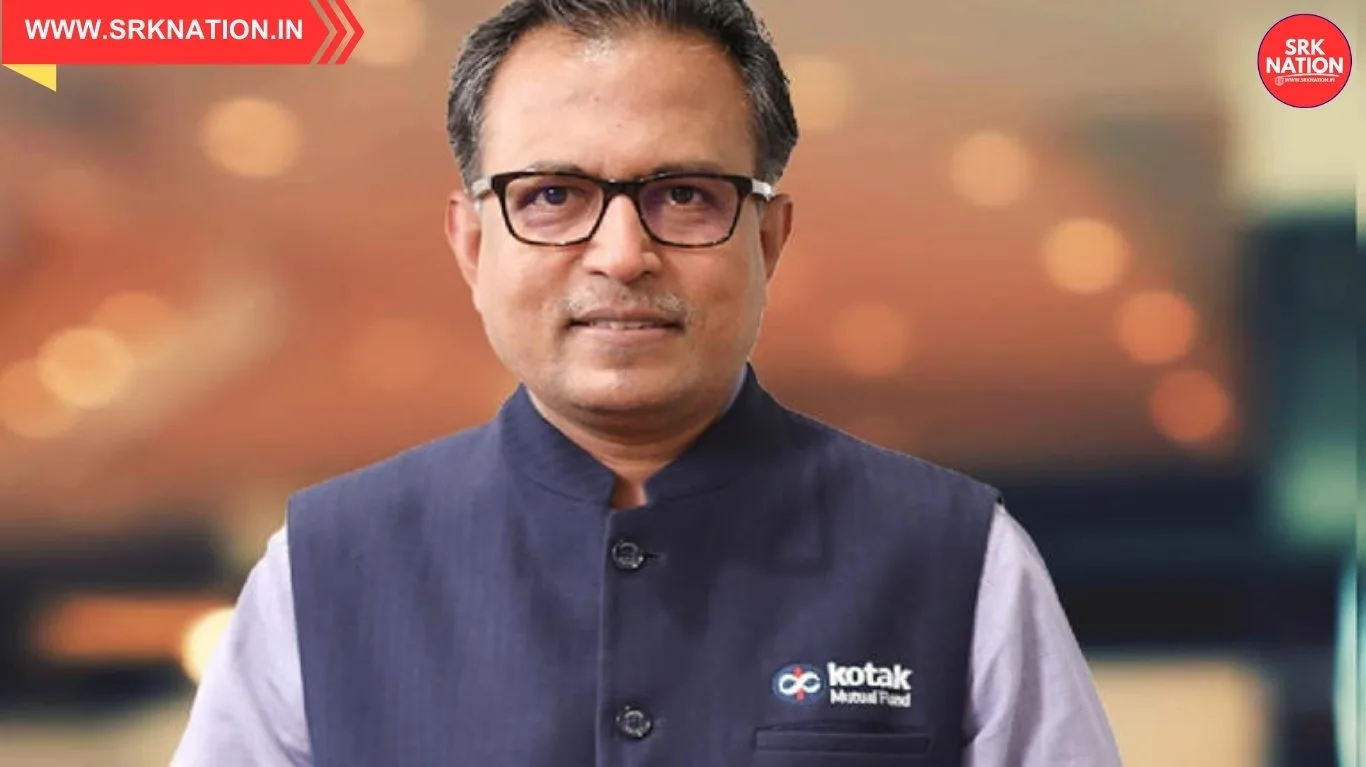Union Commerce and Industry Minister Piyush Goyal has reaffirmed India’s firm stance on protecting domestic interests in the ongoing India-US bilateral trade negotiations, stating that “no agreement will be signed unless the concerns of farmers, fishermen, and MSMEs are fully addressed.” Speaking to reporters on October 18, 2025, Goyal emphasized that while discussions are progressing in a “cordial and constructive atmosphere,” India will not compromise on its core economic priorities.
The talks, which resumed earlier this month in Washington DC, are aimed at finalizing a comprehensive bilateral trade agreement (BTA) that could unlock new market access, reduce tariffs, and enhance regulatory cooperation. However, contentious issues remain, particularly around agricultural subsidies, digital trade, intellectual property rights, and market access for dairy and fisheries. Goyal’s remarks come amid growing pressure from US negotiators seeking concessions in India’s farm and tech sectors.
🧠 Key Highlights from Piyush Goyal’s Statement on India-US Trade Deal
| Element | Details |
|---|---|
| Speaker | Piyush Goyal, Union Commerce & Industry Minister |
| Date | October 18, 2025 |
| Location | New Delhi |
| Trade Deal Status | Talks ongoing, no agreement yet |
| Core Conditions | Safeguards for farmers, fishermen, MSMEs |
| Negotiation Tone | Cordial, constructive |
| Indian Delegation Lead | Commerce Secretary Rajesh Agrawal |
Goyal reiterated that “trade talks are never based on deadlines” and that India will proceed only when national interests are fully secured.
📊 Timeline of India-US Trade Negotiations
| Year | Milestone Description |
|---|---|
| 2019 | Talks stall over tariff disputes |
| 2021 | Digital trade and pharma emerge as key issues |
| 2023 | India joins IPEF, resumes bilateral discussions |
| October 2025 | Goyal confirms talks progressing, no deal yet |
The Indian delegation held multiple rounds of meetings with US counterparts, focusing on non-agricultural market access and investment facilitation.
🗣️ Reactions from Industry, Policy Experts, and Trade Bodies
- CII Director General: “India must balance strategic alignment with domestic protection.”
- Trade Economist: “Goyal’s clarity is reassuring. MSMEs need tariff buffers.”
- Exporters’ Association: “We welcome deeper access but not at the cost of rural livelihoods.”
| Stakeholder Group | Reaction Summary |
|---|---|
| Industry Leaders | Supporting cautious optimism |
| Policy Experts | Emphasizing structural safeguards |
| MSME Representatives | Seeking clarity on digital trade clauses |
| Media | Framing talks as high-stakes diplomacy |
The US is reportedly pushing for greater access to India’s dairy and poultry markets, while India seeks relaxation on visa norms and tech exports.
🧾 Comparative Snapshot: India-US Trade Deal Priorities
| Sector | India’s Concerns | US Demands |
|---|---|---|
| Agriculture | Protect subsidies, local procurement | Market access for dairy, poultry |
| Fisheries | Safeguard coastal livelihoods | Export access for US seafood |
| MSMEs | Tariff protection, digital inclusion | E-commerce liberalization |
| Pharma | IP flexibility, generic exports | Stronger patent enforcement |
| Tech & Services | Visa norms, data sovereignty | Cross-border data flow, cloud access |
India’s insistence on inclusive trade frameworks reflects its broader commitment to economic self-reliance and equitable growth.
🧭 What to Watch in India-US Trade Talks
- Next Round of Negotiations: Scheduled for November 2025 in New Delhi
- Digital Trade Chapter: Key sticking point around data localization
- Political Signals: US elections may influence negotiation pace
- Domestic Consultations: India to engage farmer unions and MSME bodies
Goyal concluded, “India’s trade policy is rooted in fairness, resilience, and national interest. We will not rush into any deal.”
Disclaimer
This news content is based on verified government statements, trade briefings, and media reports as of October 18, 2025. It is intended for editorial use and public awareness. The information does not constitute trade advice, policy endorsement, or diplomatic forecasting and adheres to ethical journalism standards.


